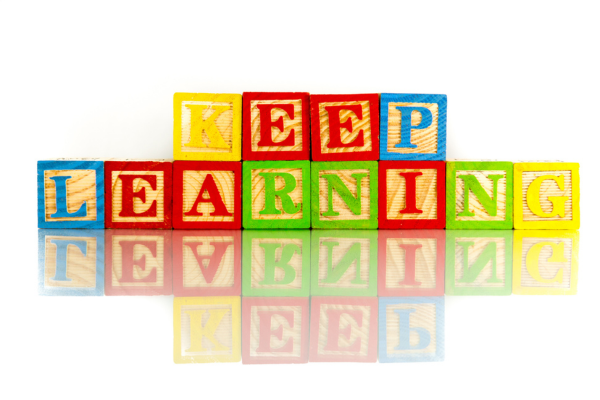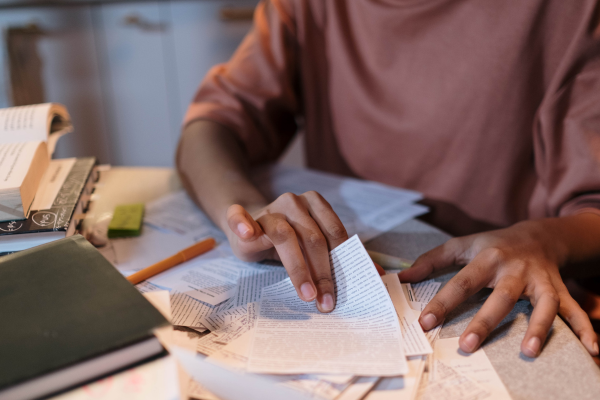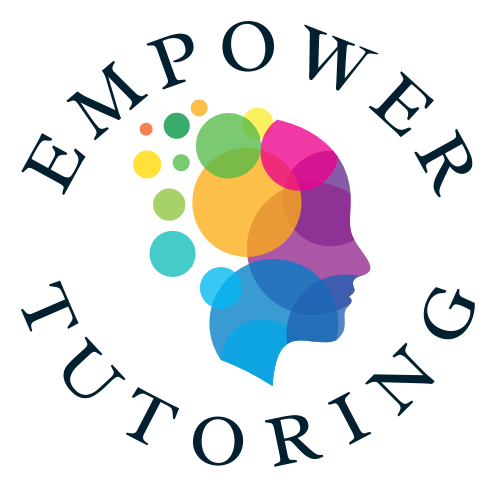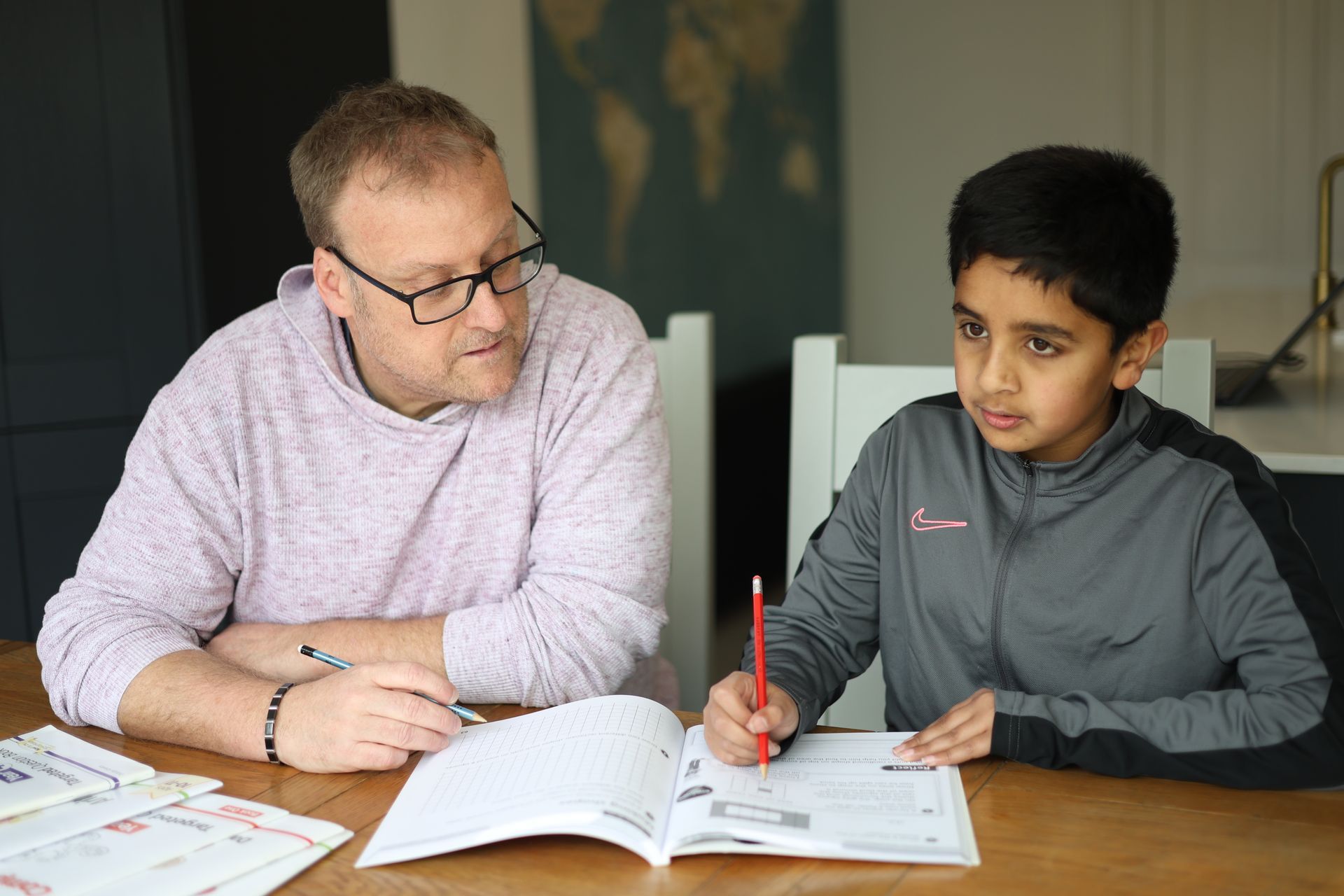Understanding Emotional Intelligence in Children
A quick guide to Emotional Intelligence and why it is important for children
Emotional Intelligence (EI) in children is the ability to recognize, understand, and manage their own emotions, as well as to empathize with others' emotions. Unlike academic or intellectual intelligence, EI is about nurturing social and emotional skills that can help children navigate relationships, express themselves effectively, and handle life’s challenges with resilience.
Key Components of Emotional Intelligence in Children
Self-Awareness: This is the foundation of EI. Children with self-awareness can identify their feelings and understand why they’re experiencing them. For example, a child who recognizes that they're feeling nervous before a presentation is more likely to manage that feeling effectively.
Self-Regulation: This involves managing emotions in a constructive way. Instead of reacting impulsively when angry or upset, emotionally intelligent children can take a step back, think, and respond appropriately.
Empathy: This is the ability to understand and share the feelings of others. Empathy helps children form strong connections and understand different perspectives, promoting compassion and reducing conflicts.
Social Skills: Communication, cooperation, and conflict resolution are essential social skills. Emotionally intelligent children can communicate clearly, cooperate well with peers, and resolve disagreements in positive ways.
Why Emotional Intelligence Matters for Children
Developing emotional intelligence has numerous benefits for children. It improves their social interactions, builds self-confidence, and supports mental well-being. Emotionally intelligent children are often better equipped to handle challenges, manage stress, and form meaningful friendships, all of which contribute to a happier, more balanced life.
Parents and educators can foster EI by encouraging children to talk about their feelings, teaching coping strategies, and modelling empathy and kindness in everyday interactions. By nurturing these skills early on, we can empower children to become more compassionate, resilient, and adaptable individuals.










